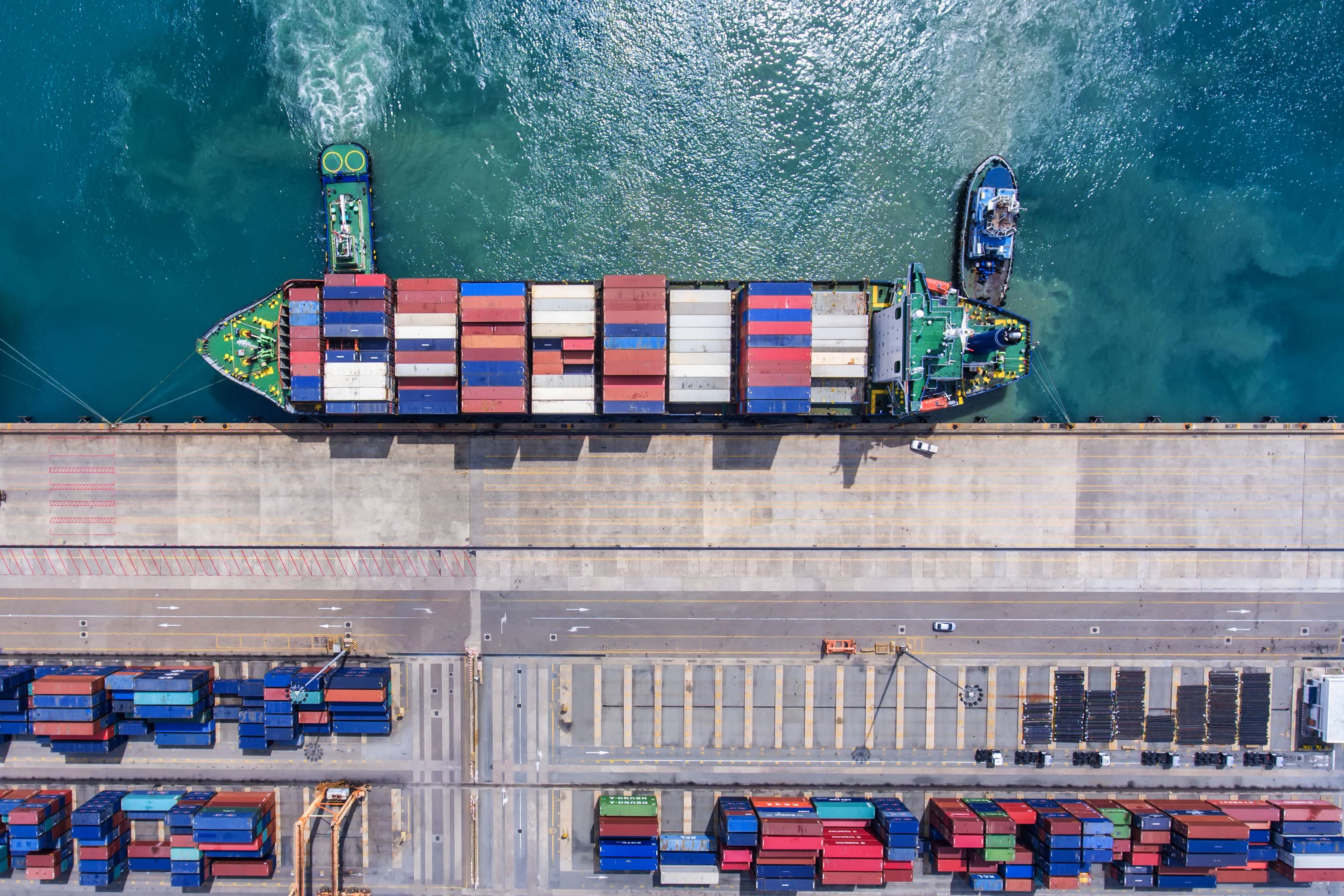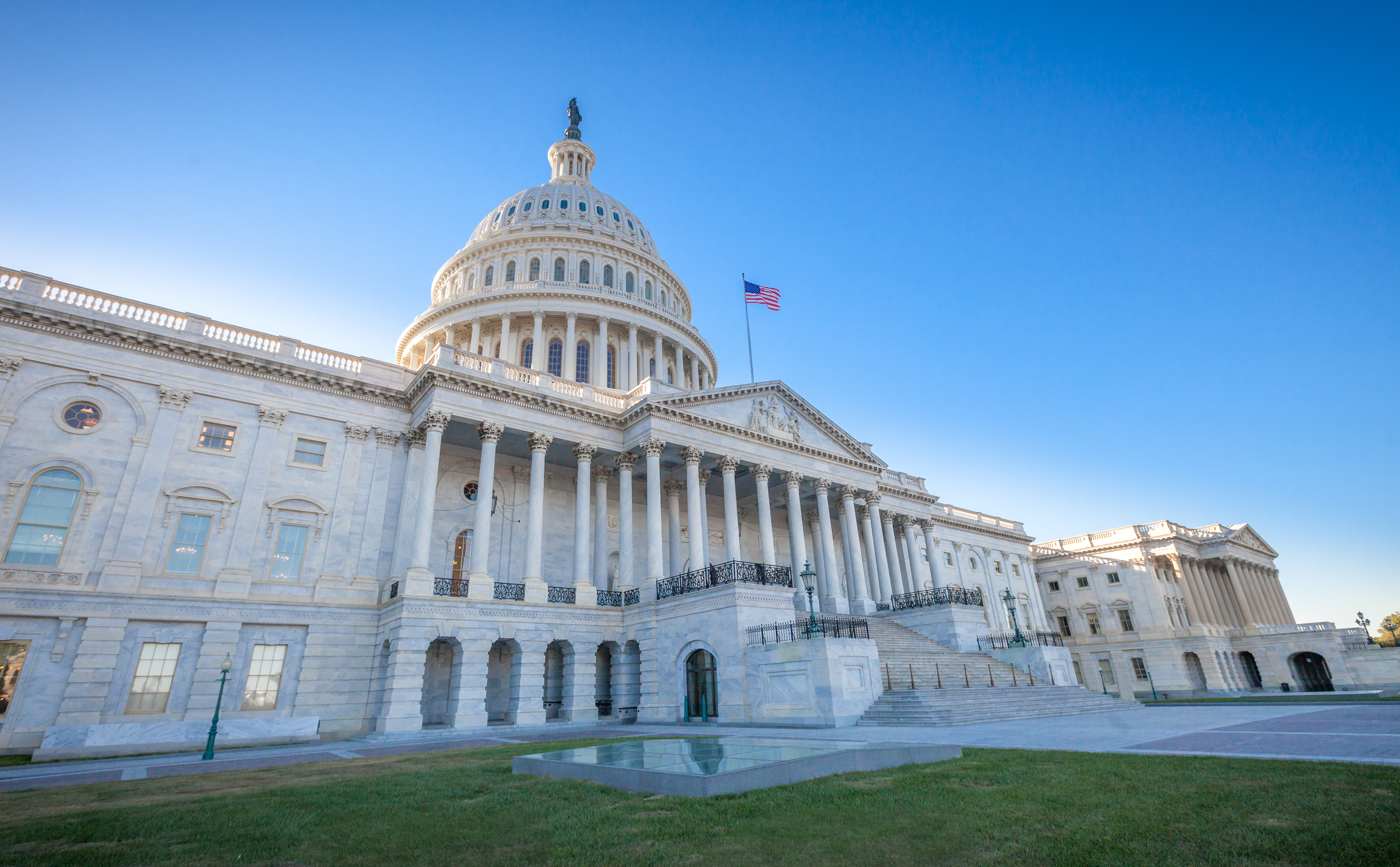Previously a little-known concept in customs duties, the de minimis exemption has gotten a lot of attention in 2025. Prior to changes in tariffs under the Trump administration, importers were allowed to bring in goods valued at less than $800 without paying duties or taxes. They also received expedited clearance, speeding up shipping times for low-value goods.

Tariff policy has been fluid, so the suspension could possibly be reversed, but companies are adapting to doing business without it. Much like with other tariffs, companies such as Lululemon are negotiating with vendors and selectively raising prices, in addition to reexamining their distribution center networks for adjustments that can be made.
Independent e-commerce sellers that sell on marketplaces like Amazon, eBay, and Etsy are also getting hit hard. Last year, 1.36 billion shipments arrived under the de minimis exemption with a declared value of $64.6 billion. So, the removal of the exemption is leading to billions of dollars of additional tariffs.
After the de minimis exemption was removed on goods from China in May, imports from that country fell by about a third. China was the source of about 70% of shipments under $800, but the expansion of the policy to all imports has affected a broader swath of companies. Independent sellers will have a harder time finding ways around the new fee, which could affect companies like Etsy, eBay, and Shopify.
Related investing topics
An example of how the de minimis exemption is impacting business
Handbags are another ripe target for the de minimis exemption, as most handbags cost less than $800. Tapestry, the parent of Coach and Kate Spade, had used the de minimis exemption for approximately 13% of its goods. Those products will now face a 30% tariff.
Tapestry expects the change in the de minimis exemption to cut profits by $160 million this year. In the company's fiscal 2026, which began in July 2025, it expects 230 basis points in headwinds on its operating margin.
As Tapestry's case illustrates, the end of the de minimis exemption is just part of the tariff equation, and affected companies are finding ways to grow profits as they deal with the new import taxes. Investors should expect the tariff situation to remain fluid, and this administration or a future one may bring back the de minimis exemption.
For now, investors shouldn't assume that it's coming back. Expecting uncertainty is a good rule of thumb for those investing during the trade war.



















